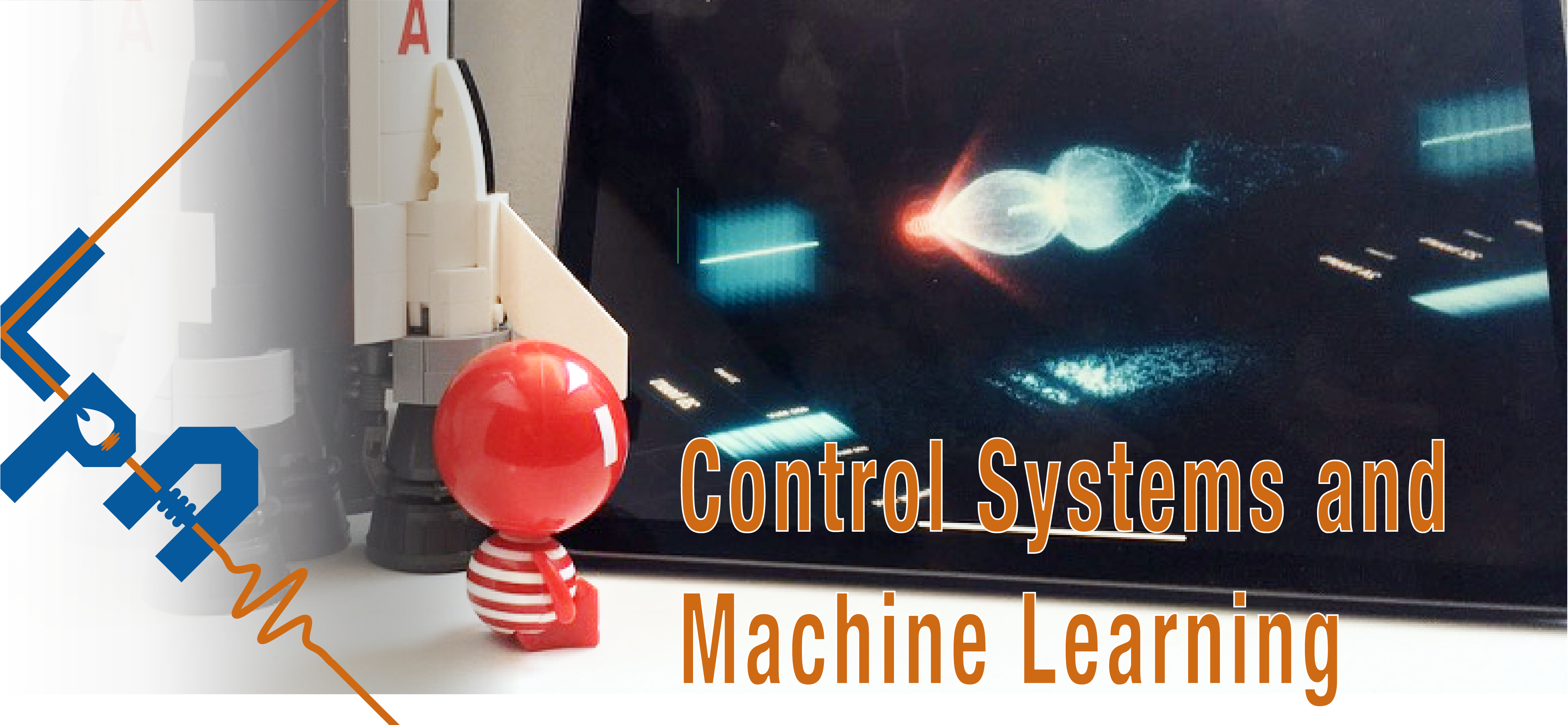Sprecher
Beschreibung
Bayesian optimization has proven to be an efficient method to optimize expensive-to-evaluate systems such as a Laser Wakefield Accelerator (LWFA). However, depending on the cost of single observations, multi-dimensional optimizations of one or more objectives (Pareto optimization) may still be prohibitively expensive. Multi-fidelity optimization remedies this issue by including multiple, cheaper information sources such as low-resolution approximations in numerical simulations. Acquisition functions for multi-fidelity optimization are typically based on exploration-heavy algorithms that are difficult to combine with optimization towards multiple objectives. Here we show a technique that enables expected hypervolume improvement policy (EHVI) to be used as a Multi-objective Multi-fidelity acquisition function. We incorporate the evaluation cost either via a two-step evaluation or within a single acquisition function with an additional fidelity-related objective. This permits simultaneous multi-objective and multi-fidelity optimization, which allows to accurately establish the Pareto set and front at a fractional cost. Our method has the potential to allow Pareto optimization of LWFA beams by intelligently using cheaper PIC simulations to predict best input parameters for more expensive simulations. The presented methods are simple to implement in existing, optimized Bayesian optimization frameworks and thus also allow for an immediate extension to batch optimization. The techniques can also be used to combine different continuous and/or discrete fidelity dimensions.
